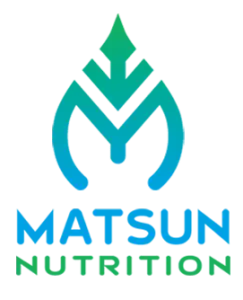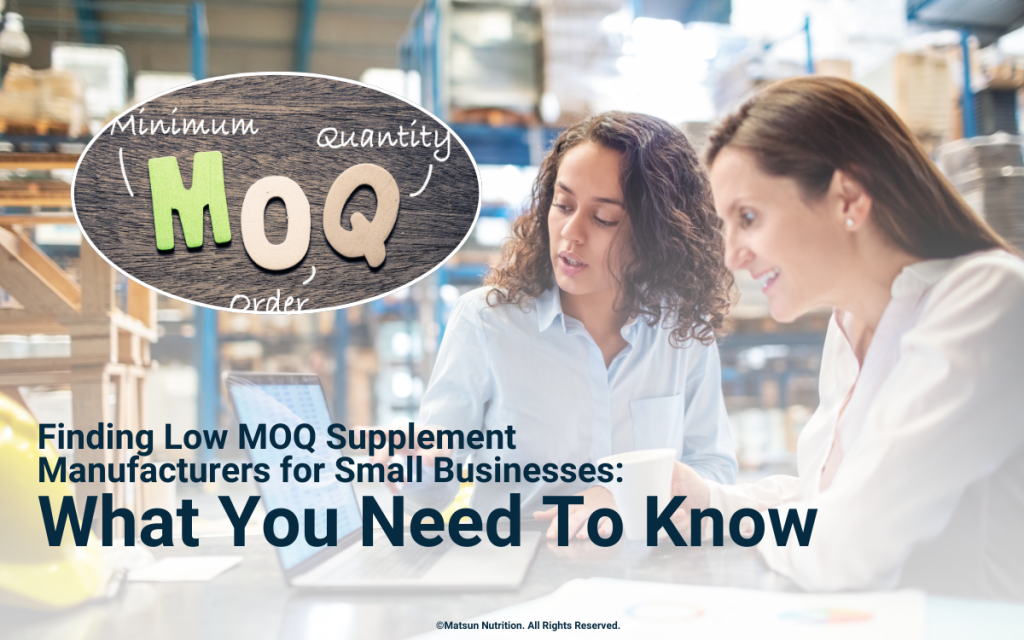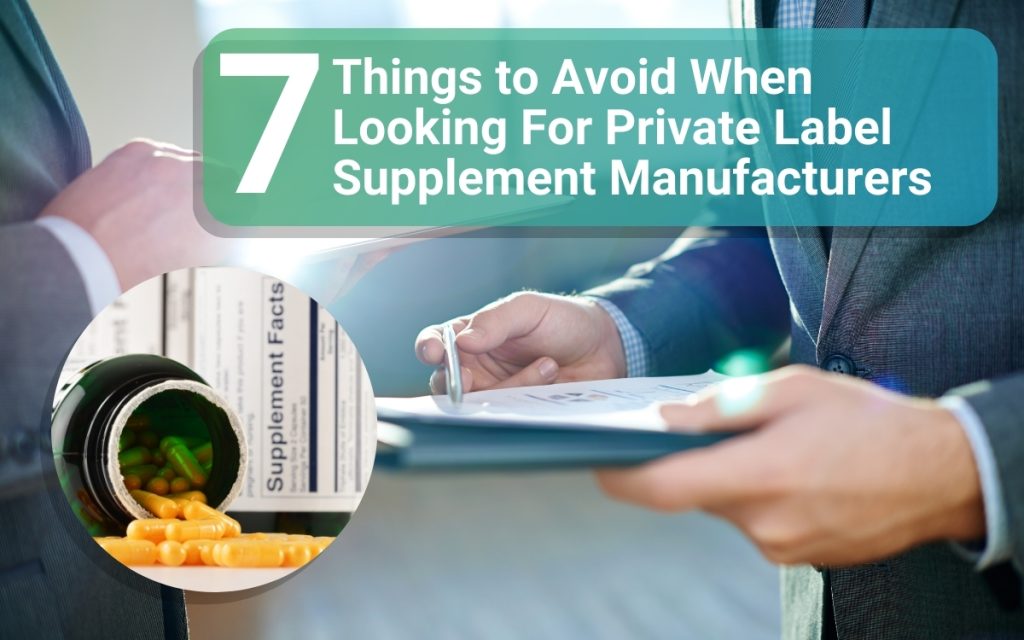Amazon has updated its dietary supplement testing policy, including for weight loss, bodybuilding, and sexual enhancement supplements, to ensure product quality and safety[1]. This move underlines Amazon’s commitment to verifying compliance with regulations through both internal and third-party testing for contaminants like heavy metals and pesticides[1].
The meticulous process also scrutinizes supplement labels for accuracy, making the Amazon dietary supplement requirements a benchmark for sellers wanting to meet testing supplements to sell on Amazon criteria[1]. It represents a significant step in protecting customers while upholding the platform’s reputation for quality and safety in the dietary supplements market[1].
Understanding Amazon’s New Dietary Supplement Policy
Key Requirements for Dietary Supplements on Amazon
- Testing and Certification Standards:
-
- Amazon mandates that all dietary supplements sold on their platform have a Certificate of Analysis (COA) from an ISO/IEC 17025 accredited laboratory[2][3].
- A valid Good Manufacturing Practice (GMP) certificate from an accredited third-party is required for the manufacturing facility[2].
- The COA must detail the complete product name, batch number, and laboratory assay results supporting the claimed dietary ingredients per unit or serving[2].
- Quality Assurance and Forbidden Substances:
-
- A comprehensive quality assurance plan must be in place prior to submission for Amazon’s approval[4].
- Supplements must not contain any ingredients restricted in prescription drugs nor be marketed similarly[4].
- Specific forbidden substances include Sildenafil and Tadalafil in sexual enhancement supplements, and Sibutramine in weight loss supplements[4].
- Policy Enforcement and Seller Compliance:
-
- As of April 3, 2024, sellers must submit testing data and certificates directly from the laboratory to Amazon, not from the sellers themselves[5].
- The Manage Your Compliance dashboard on Amazon will indicate listings that need action and their due dates, with non-compliant listings subject to removal[8].
- Sellers are required to initiate testing through designated third-party Testing, Inspection, and Certification (TIC) organizations as specified by Amazon[8].
The Role of Third-Party Verification in Ensuring Product Safety
Ensuring Accuracy and Safety through Third-Party Testing
Dietary supplements, unlike pharmaceuticals, are not subject to FDA approval before they hit the market. This places the onus on manufacturers to ensure their products are safe and accurately labeled[13]. However, the market has seen a prevalence of mislabeled and contaminated products, some containing substances banned in dietary supplements or prohibited for use by certain professions, such as military personnel. These inaccuracies can lead to severe consequences including positive drug tests and adverse health effects[13].
To combat these issues, third-party verification plays a crucial role. Independent organizations, unaffiliated with the manufacturing companies, assess dietary supplements to ensure that the product contents and the information on their labels are consistent. This process does not evaluate the product’s safety or efficacy but confirms the quality and manufacturing processes[13]. Recognized third-party certifications include seals like NSF Contents Certified and USP Verified, which are indicators of a product meeting stringent quality standards[13].
Furthermore, third-party certifiers conduct extensive evaluations of supplement quality, focusing on factors such as the identity, strength, and purity of the ingredients. These organizations also perform inspections and testing of manufacturing sites, raw materials, and the finished products[14]. For Amazon’s dietary supplement sellers, obtaining a Certificate of Analysis (CoA) from a third-party lab with ISO 17025 accreditation is mandatory. This certificate must detail the analytical methods used and confirm that the ingredient amounts match those listed on the product’s label[4]. This rigorous testing and certification process helps in maintaining high-quality standards and ensuring consumer safety.
Navigating the Compliance Process: Steps for Sellers
To ensure compliance with Amazon’s stringent dietary supplement requirements, sellers must undertake a series of well-defined steps. This process is designed to safeguard consumer safety and maintain the integrity of the marketplace.
Step 1: Obtain Necessary Certifications and Testing Data
Sellers are required to provide Amazon with a Certificate of Analysis (CoA) from an ISO/IEC 17025 accredited laboratory, an in-house laboratory compliant with current Good Manufacturing Practices (cGMP), or evidence of product enrollment in a recognized third-party quality assurance program[6][18][19]. This CoA must include a quantitative analysis supporting the concentration of active ingredients as stated on the supplement facts panel and ensure that the product adheres to 21 CFR 101.36 for nutritional labeling and 21 CFR Part 111 for cGMP[19].
Step 2: Submit Detailed Product Information and Documentation
Each product listing must include comprehensive information such as ingredients, dosages, and proper warnings that comply with FDA regulations[9]. Sellers must also provide high-quality product images alongside the CoA to meet Amazon’s listing requirements[19]. Packaging must be child-resistant if required by law, and all labels should include detailed dosage instructions and ingredient lists[9].
Step 3: Monitor and Update Compliance Documents Regularly
Amazon actively monitors seller accounts to ensure ongoing compliance with their policies[9]. Sellers must promptly address any compliance issues to avoid potential account suspension or termination[9]. Since Amazon may request updated documents at any time, sellers should regularly review and update their compliance documents to align with local laws and safety regulations[9]. This proactive approach helps sellers maintain their standing on Amazon’s platform and ensures continuous protection for consumers.
Conclusion
Through the execution of rigorous dietary supplement testing and certification requirements, Amazon has established a formidable framework dedicated to ensuring the safety, quality, and reliability of products sold on its platform. This comprehensive approach not only aims at safeguarding consumer health but also reinforces the integrity of its marketplace by mandating verifiable compliance with industry standards. The mandate for Certificates of Analysis from ISO/IEC 17025 accredited laboratories and adherence to GMP certifications exemplifies Amazon’s commitment to combating the proliferation of mislabeled and potentially hazardous products.
Navigating Amazon’s compliance process involves a series of systematic steps that sellers must follow to guarantee their products’ continued presence on the platform. This includes acquiring the necessary certifications, submitting accurate product information, and regularly updating compliance documents. Such measures are pivotal in fostering an environment of trust and safety that benefits both consumers and sellers. By setting these stringent benchmarks, Amazon not only elevates the standard of products available to consumers but also contributes significantly to the broader narrative of accountability and quality assurance within the dietary supplement industry.
FAQs
1. How does Amazon ensure the quality and safety of supplements sold on its platform?
Amazon implements a dietary supplements testing program that includes a thorough testing policy and product review process. This ensures the quality and safety of the dietary supplement products available on its site. NSF collaborates with sellers to conduct the appropriate tests based on the product type, aligning with Amazon’s policy.
2. What kind of testing does Amazon perform on supplements?
Amazon’s dietary supplements are tested in state-of-the-art ISO 17025 accredited laboratories. These labs utilize scientifically valid methods that comply with dietary supplement Good Manufacturing Practices (GMPs). The testing methods are also aligned with internationally recognized compendial methods, enhancing the reliability of the test results.
3. Are dietary supplements purchased from Amazon safe?
There have been concerns about the safety of supplements sold on Amazon, including reports from the Organic Consumers Association about the sale of counterfeit supplements. While Amazon offers budget-friendly prices, the safety and efficacy of these supplements can sometimes be questionable, potentially worsening health conditions or impeding recovery.
4. What regulations must supplements meet to be sold on Amazon?
All dietary supplements sold on Amazon must adhere to relevant federal, state, and local laws, as well as Amazon’s own policies. These regulations are in place to ensure that all products listed on the platform meet strict safety and compliance standards.
References
[1] –https://www.eurofinsus.com/food-testing/services/compliance-verification-for-amazons-dietary-supplements-policy/
[2] –https://anresco.com/services/amazon-testing-requirements/
[3] –https://choice.wetestyoutrust.com/amazon-testing
[4] –https://measurlabs.com/blog/amazon-testing-requirements-for-supplements/
[5] –https://www.nutraingredients-usa.com/Article/2024/04/05/Amazon-updates-its-dietary-supplements-seller-s-policy
[6] –https://sport.wetestyoutrust.com/news/amazon-supplement-testing
[7] –https://www.nsf.org/knowledge-library/amazon-new-dietary-supplements-policy-enhancing-safety-compliance
[8] –https://sellercentral.amazon.com/seller-forums/discussions/t/c23c51e6-159c-4d01-b297-9836d7d16419
[9] –https://www.amazonsellers.attorney/blog/new-requirements-for-amazon-sellers-of-supplements
[10] –https://www.selleradventures.com/blog/requirements-for-selling-supplements-on-amazon/
[11] –https://sellersasksellers.com/t/amz-changes-to-dietary-supplements-policy/3771
[12] –https://sellercentral-europe.amazon.com/seller-forums/discussions/t/a94e12a7a31b414e678121034abf3921
[13] –https://www.opss.org/article/why-third-party-certification-important-dietary-supplements
[14] –https://fullscript.com/blog/third-party-certifications
[15] –https://www.ul.com/insights/verifying-dietary-supplements-help-keep-customers-safe
[16] –https://blog.certified-laboratories.com/en/cl-blog/amazon-dietary-supplement-requirements-for-laboratory-testing
[17] –https://www.ncbi.nlm.nih.gov/pmc/articles/PMC9366544/
[18] –https://choice.wetestyoutrust.com/news/importance-informed-choice-amazon-supplement-brands
[19] –https://www.element.com/nucleus/2022/what-you-need-to-know-about-amazon-dietary-supplement-testing-requirements



